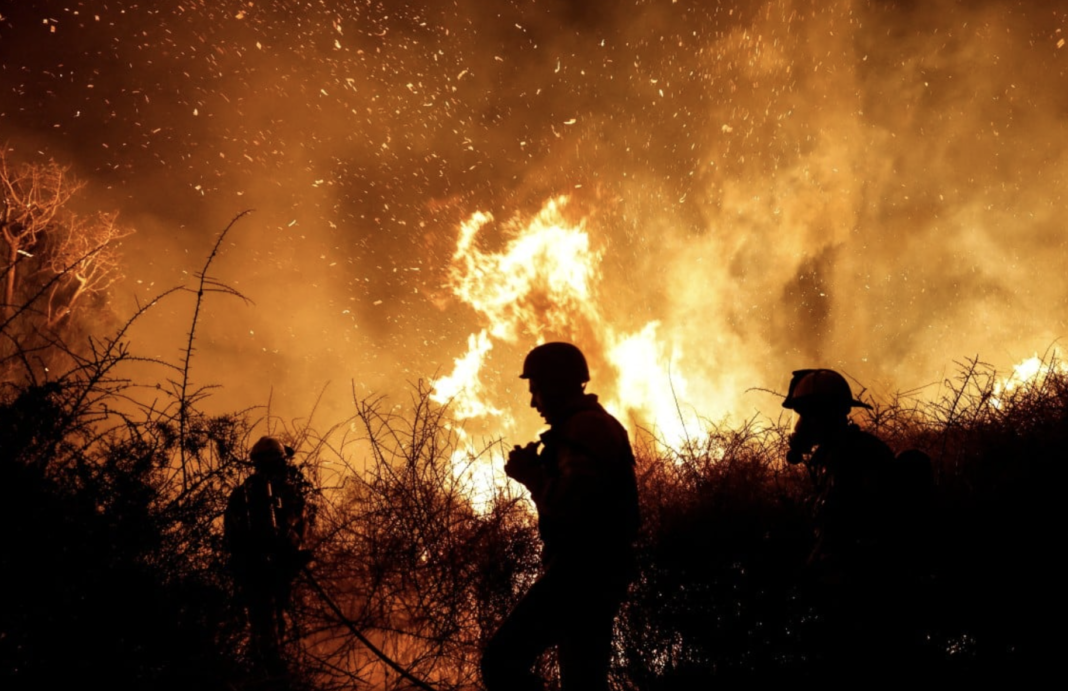The shocking attack on Israel by Hamas fighters over the weekend has shattered many old beliefs, such as the fences guarding the border with Gaza were impenetrable and that the Israeli intelligence had a good grasp on the moves and capabilities of the Palestinian militant group.
It has also put Israel and its neighbours in an unprecedented situation. For the first time, more than 100 people from Israel – including women, children and the elderly – have been captured by Hamas after the militants poured across the Gaza border to raid an open-air music festival and nearby towns.
With so many hostages in the hands of Hamas, Israel is likely to be forced to launch a ground war into the Gaza Strip, a densely populated area of over 2 million, with Hamas fighters hidden in or near civilian facilities and residential areas.
Do you have questions about the biggest topics and trends from around the world? Get the answers with SCMP Knowledge, our new platform of curated content with explainers, FAQs, analyses and infographics brought to you by our award-winning team.
Some media reports said the hostages had been scattered in different areas of Gaza, meaning ground operations to track and rescue them would not only be difficult, but also inevitably involve grave civilian and military casualties.
Qatar and Egypt – which shares a short border with Gaza – have already expressed a willingness to mediate to de-escalate the situation. After all, a flare-up of conflict in Gaza is more than an Israeli problem, it could easily ignite the Middle East tinderbox – with potential regional and international repercussions.
Both countries have reportedly been in contact with Hamas and Israel to try to prevent further escalation. Qatari officials are also said to be negotiating a potential prisoner swap for children and women taken hostage, though there has been no official confirmation of such reports.
China, despite being criticised by Israeli and Western officials for failing to issue a stronger condemnation against Hamas, could also have a potential role in the mediation process – at least in solving the hostage crisis.
Beijing had never been seen as a significant player in Middle East geopolitics, but it surprised the world in March by brokering a peace deal between long-time adversaries Iran and Saudi Arabia.
China has since indicated its desire to expand its influence in the Middle East, and even expressed hopes of brokering a deal in the decades-old conflict between Israel and Palestinians.
Such aspirations directed Beijing – in its initial response to Saturday’s Hamas attack – to reiterate its call for a “two-state solution”.
But the call was deemed untimely by Israelis shocked by the horrific images of mass killings at the music festival in southern Israel, the abduction of women and children, and the euphoric parades over captives in Gaza.
While Israel has retaliated with air strikes and declared a “complete siege” of Gaza, Hamas has threatened to start killing captives if Israel continues to strike without warning.
The hostage crisis means a nasty ground war that could easily unsettle the whole region may well be inevitable. It would also leave the possibility open for other militant groups opposed to Israel, such as Lebanon’s Iran-backed Hezbollah, to launch their own assault and further escalate the situation.
There has already been artillery and rocket fire exchanged between Hezbollah and Israel on the country’s northern border following the deadly Hamas attack.
Therefore, one way to de-escalate the crisis could be to tackle it from a humanitarian perspective first – by mediating the release of children, women and the elderly. It is also an easier area to start with. Few would question the moral case to release vulnerable civilians, especially when it is an international hostage crisis – with at least 13 countries saying their nationals were abducted or missing.
Beijing, meanwhile, went beyond Sunday’s original statement on the conflict calling for “calm and restraint” and urging a ceasefire.
“China opposes and condemns acts that harm civilians”, along with actions that “expand conflict and undermine regional stability”, foreign ministry spokeswoman Mao Ning said on Monday.
But how much leverage does Beijing have if it does wish to mediate? This is unclear, but Beijing is in a unique position because it has good channels of communication with Israel, the Palestinian Authority, Iran and other major Middle Eastern players like Saudi Arabia.
Despite the official denial from Iran that they were directly involved in the latest attack on Israel, analysts and even Hamas themselves said their operations had the endorsement of Tehran, which has long supported Hamas and Hezbollah.
Some analysts also pointed out the timing of the surprisingly well-coordinated strike. Apart from being too complex to be accomplished by Hamas alone, the attack appeared aimed at upending a potential US-brokered Saudi-Israel normalisation pact, something that is unacceptable to Iran.
An unprecedented crisis might sometimes require new solutions, so could China’s unique position play a role in this one? It would be a test of Beijing’s diplomatic skills and wisdom.
This article originally appeared in the South China Morning Post (SCMP), the most authoritative voice reporting on China and Asia for more than a century. For more SCMP stories, please explore the SCMP app or visit the SCMP’s Facebook and Twitter pages. Copyright © 2023 South China Morning Post Publishers Ltd. All rights reserved.
Copyright (c) 2023. South China Morning Post Publishers Ltd. All rights reserved.

